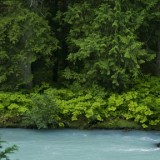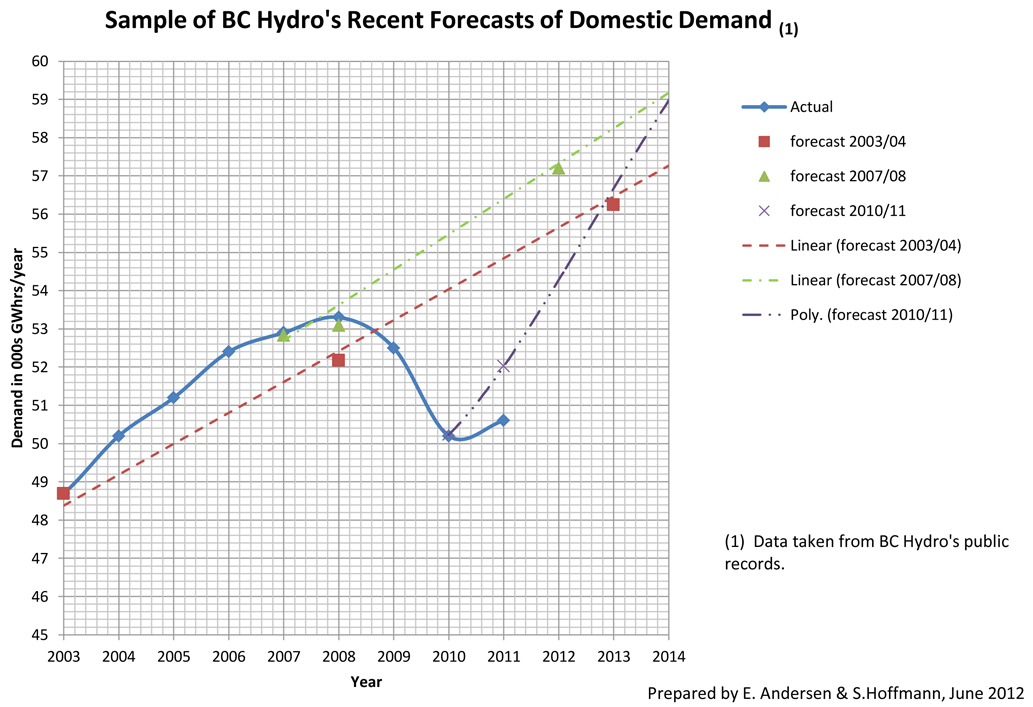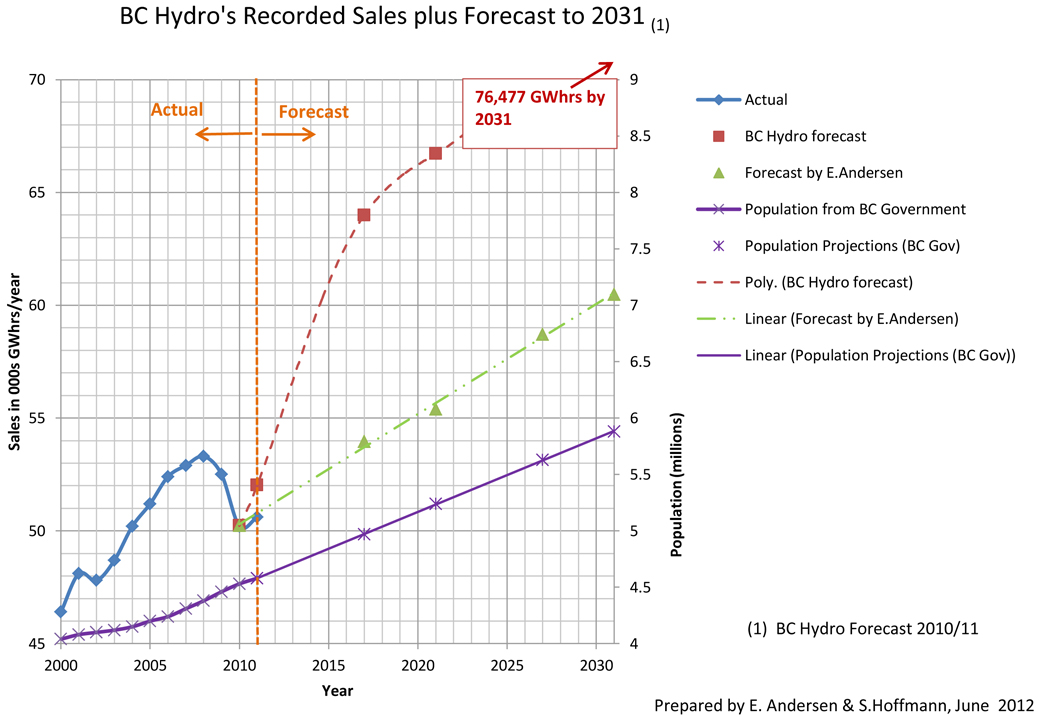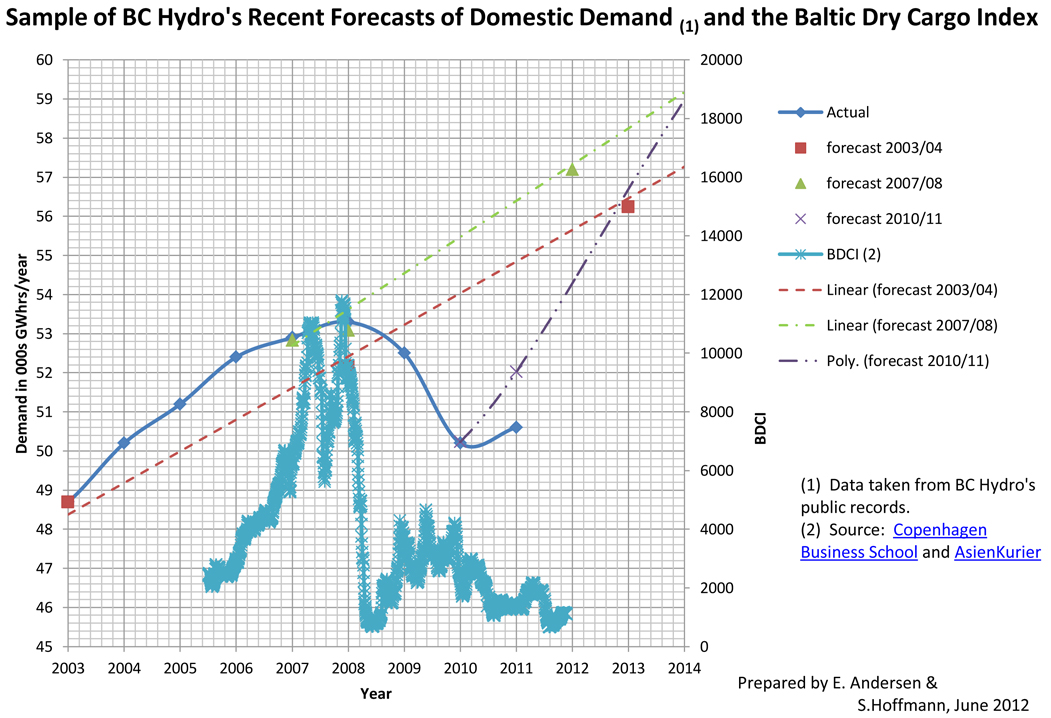Wendy and I, exercising a habit of some years now, are further depleting our kids’ legacies and will be away until January 10, starting with 20 days in the Caribbean then 4 days in Boston visiting friends.
It’s been an interesting year in the environmental field.
Opposition to the Enbridge Northern Gateway project is massive and I predict the same situation will prevail against the proposed Kinder Morgan expansion. In fact, this is the first time in my memory that the environment has been the #1 issue. In fact, one of the signs is that neither the government, nor sadly, the opposition want to come to grips with several major environmental issues. The federal government is beyond all hope and may have to be stopped by massive civil disobedience, which no doubt will come.
All of us who are now waiting in the trenches must, in my opinion, pay considerable homage to those who have fought before us when the public was not so concerned. They were branded as “tree huggers” by many who now have learned that they were in fact heroes.They indeed cleared the pathway to public awareness of what lay ahead if we didn’t learn from their experience.
We – that is to say those not committed to the philosophy of the Fraser Institute and its in-house newspaper, the Vancouver Sun – know that without fail large companies who wish to invade our wilderness and oceans lie through their teeth constantly and without exceptions. This doesn’t make us communists or even socialists – neither of those two styles of governance have been much in synch with matters environmental, with Russia and China being in a class of their own when it comes to ecological indifference – at best.
I believe that many British Columbians know that we’re not talking “left” and “right” here but “right” and “wrong”.
A very good example was my Roast in November 2012 in the WISE Hall in East Vancouver. As I noted on the occasion, many in attendance that night would rather have been caught in a house of ill-repute just a few years before. Perhaps the leading indicator was the folks of West Vancouver who fought so hard to save the Eagleridge plateau from the degradation of the wildlife habitat and then took a bus down to the East Delta Agricultural Hall to help protest against degradation of agricultural land, Burns Bog and other wildlife preserves by the expansion of the Deltaport project and South Fraser Perimeter Road by corporations and the government. The meeting was addressed by people from both the right and the left. It was a moment of great symbolism which simply is not understood well enough by both major BC parties, especially not by the Liberals.
Environmentalism is not shrill protest, for protest’s sake, based on political objects rather than evidence. People have seen and heard with their own eyes and ears what is happening with fish farms, private power projects that have all but bankrupted BC Hydro; they’ve seen farmland destroyed and looked at the record of pipelines and tanker companies; they have not only assessed the risks of catastrophes to come, but also realize the consequences that will flow. They have come to ask, “is it worth taking any risk if the damages will be catastrophic and permanent?”
I think that slowly but steadily the public has come to realize that money is no answer. What does it profit the province if they get billions of dollars but lose their wilderness as a result? In Biblical terms, what does it profit a man to gain the entire world but lose his own soul?
And the soul of the province, how we live, how we look at ourselves and how we look at our legacy has become a hugely important factor.
How much are our wild salmon worth?
What price on our rivers and the ecologies they sustain?
Is there any financial arrangement that will compensate for the loss of our coastal fauna and flora as well as the people who, for centuries, have been sustained by those resources? Incidentally, a recent UBC study found that a single oil spill from tankers on BC’s coast could wipe out all the economic gains of the Enbridge pipeline.
If we lose our farmlands, is there a price that will offset that? Will the farm cease to be the underpinning of our way of life? Is money going to buy us the food we need?
There is this notion that we must continue to “progress”, which is code for “money talks and when it does one should bow down in grateful obeisance to the god Mammon and forever hold our tongues.”
I reject that notion. We can progress and prosper without placing our entire outdoors at the certain risk of destruction. Other prosperous democracies have managed to survive without screwing up their environment as the people of BC are being asked to accept.
In the May election in 2013 we have what may be our last chance to stop right wing governments, mad economists and soulless corporate bloodsuckers from desecrating our beautiful land.











